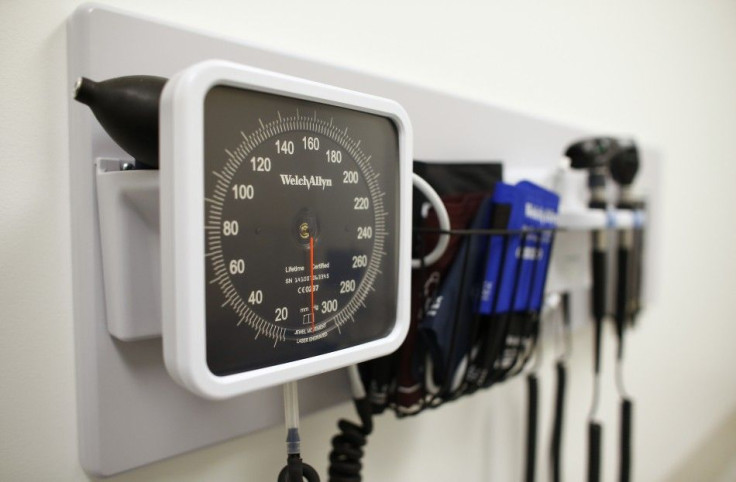Low Blood Sugar Levels In Diabetics May Damage The Heart

A study conducted by Kamlesh Khunti, an Indian-origin doctor and professor of Primary Care Diabetes and Vascular Medicine at the University of Leicester in Britain, looked into the the risk of cardiovascular events and mortality in patients who had type-1 and type-2 diabetes. It is one of the first studies conducted that took into account both type-1 and type-2 diabetes.
According to NDTV, Khunti conducted the research on a group of 3,260 patients suffering from type-1 diabetes as well as 10,422 patients suffering from type-2 diabetes. The study is published in the journal called Diabetes Care. Earlier, the risk of diabetes and cardiovascular diseases associated with high blood sugar was already known, but this is the first study that looks into the risk of diabetes that is associated with low blood sugar.
An article by National Health Service mentioned that diabetic patients suffer from low blood sugar as well since their bodies do not have enough sugar to use as fuel for energy. It also stated that those suffering from low blood sugar might experience hunger and weakness but can be controlled by eating something sweet.
The study showed that following a condition of low blood sugar (also known as hypoglycaemia), insulin-treated patients who suffered from diabetes faced a 60 percent higher risk of suffering from cardiovascular events. The findings also showed that the patients' chances of dying was also doubled in comparison to those who did not suffer from low blood sugar.
It was found that the patients who had diabetes were at a higher risk of cardiovascular diseases as there was formation of atherosclerotic plaques in the blood vessels. Atherosclerosis is basically the hardening of arteries. Dr Khunti said that the risks of cardiovascular events and mortality were significant and the patients had to be identified early so that strategies to reduce the risk of low blood sugar could be implemented.
Melanie Davies, Professor of Diabetes Medicine, from the University of Leicester, said that the data from the study confirmed what they knew about those with type-2 diabetes. She said that this study extended their knowledge to those with type-1 diabetes.




















